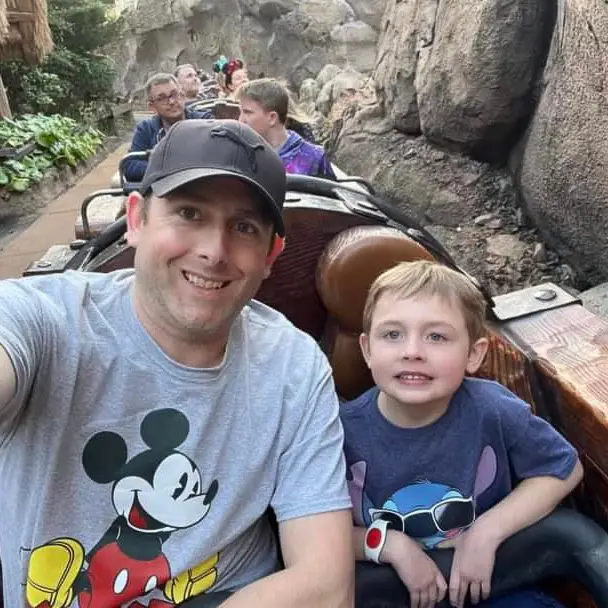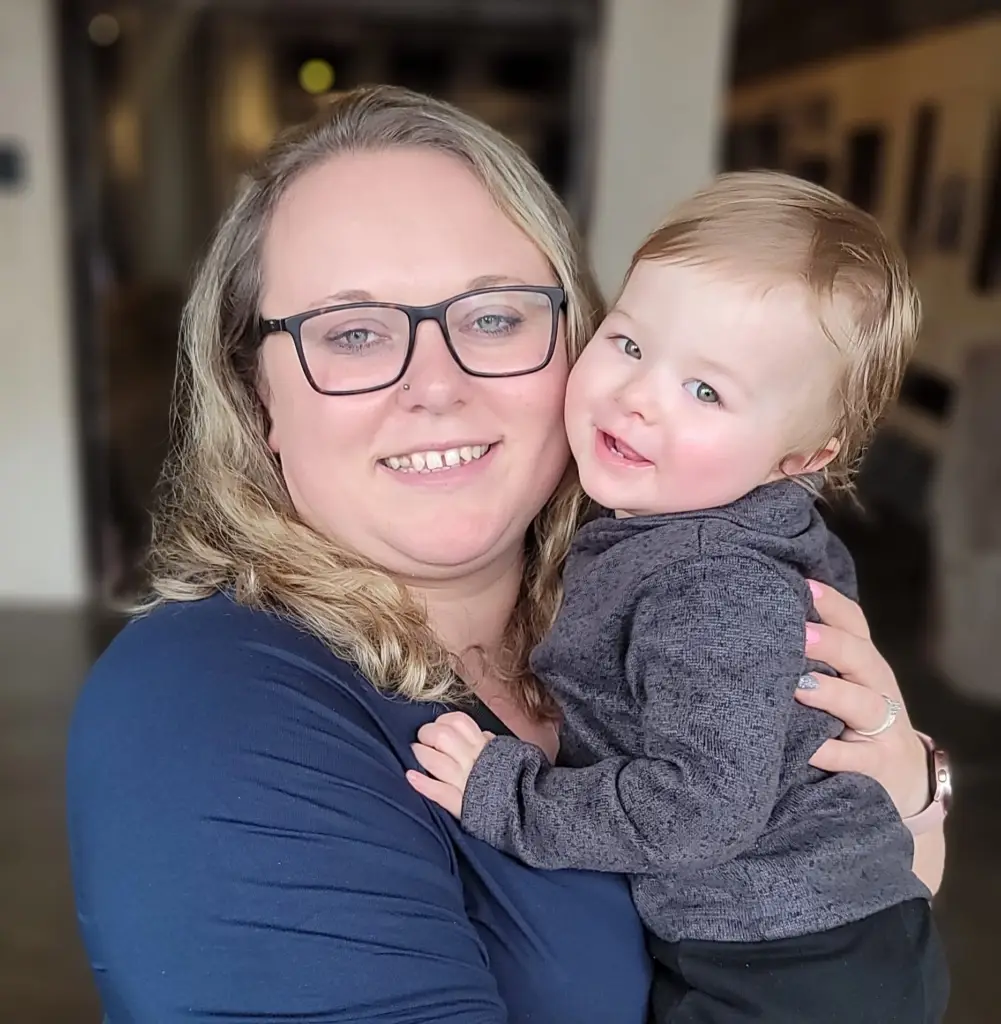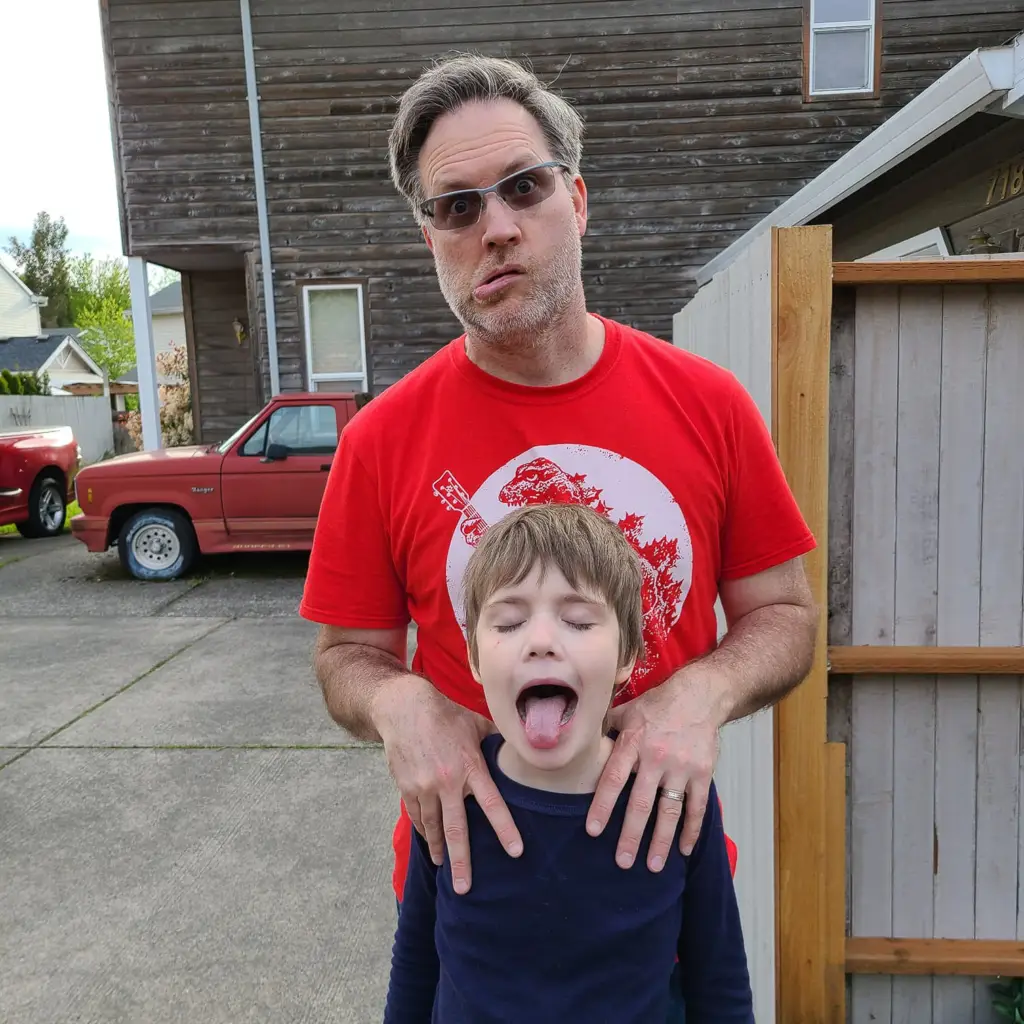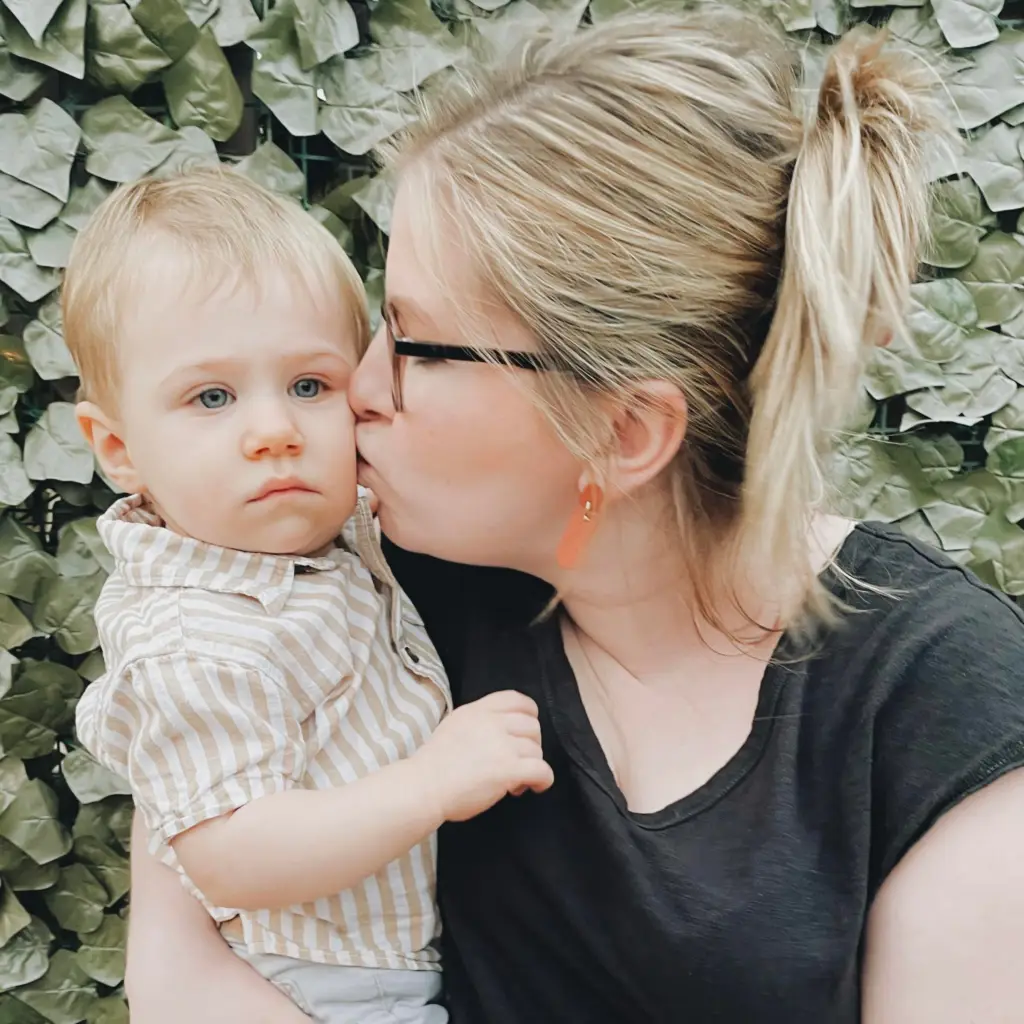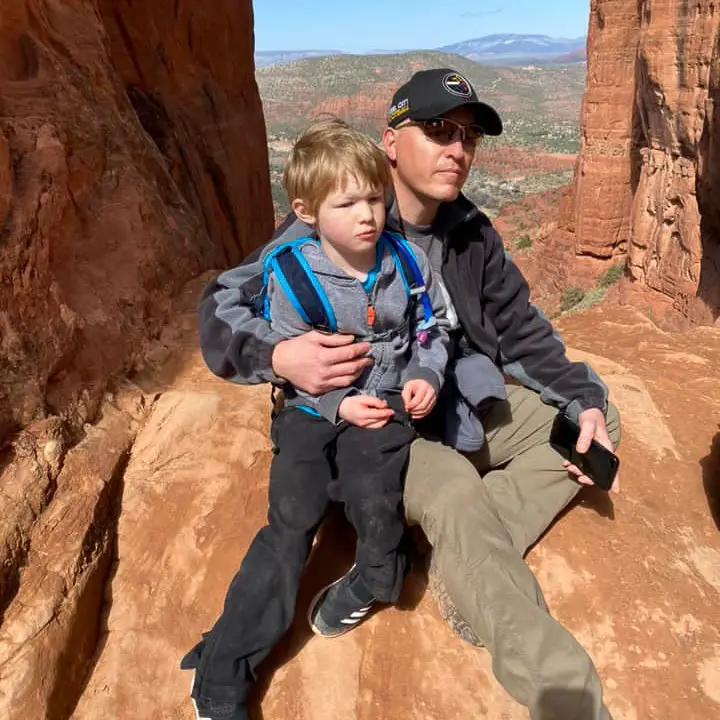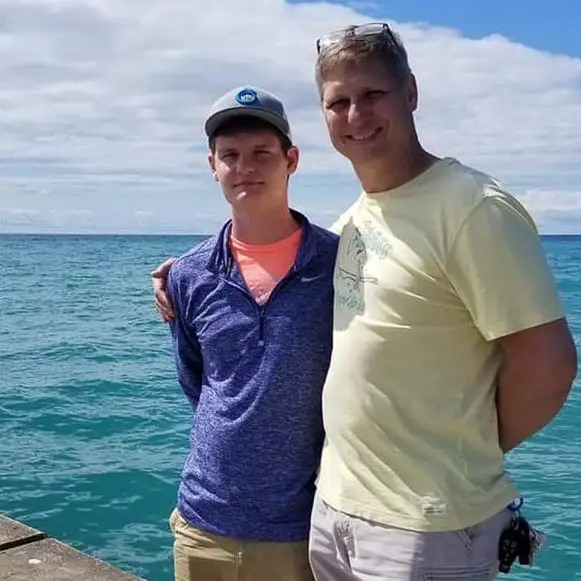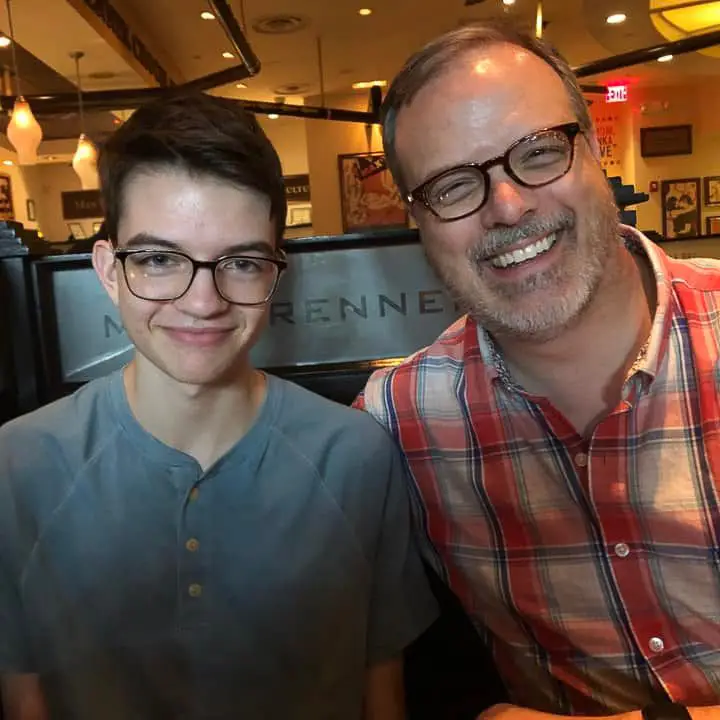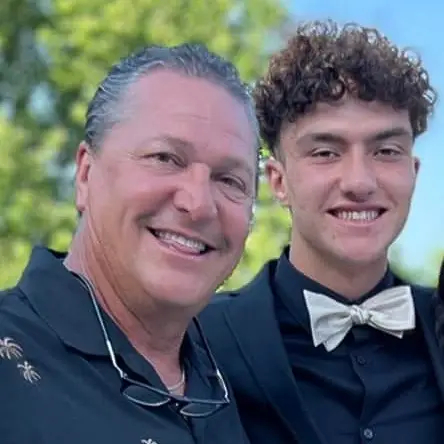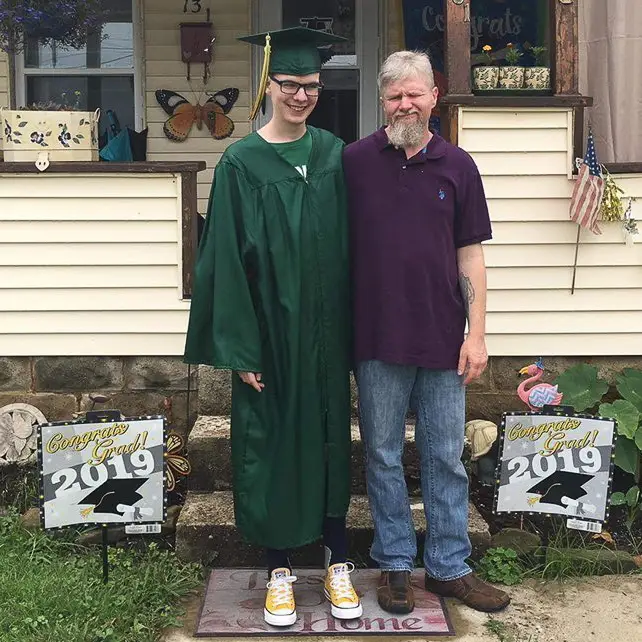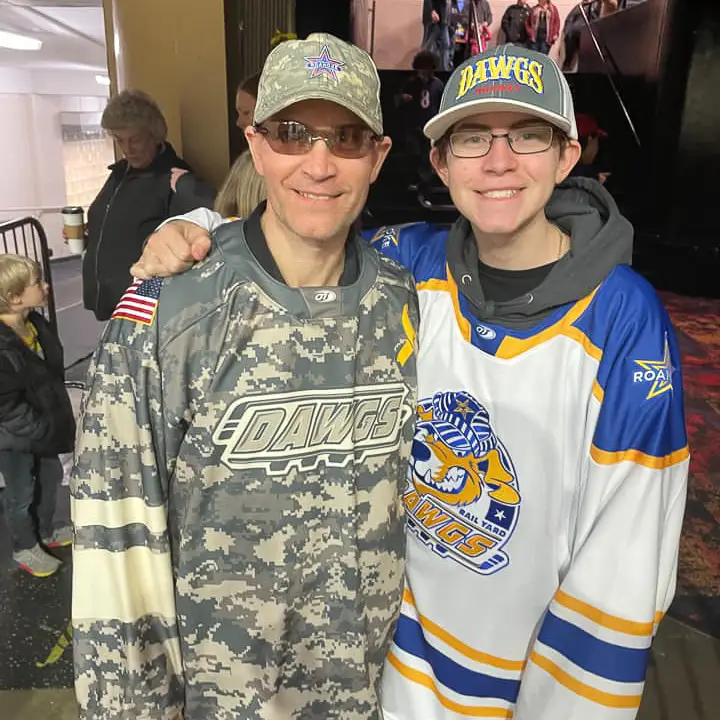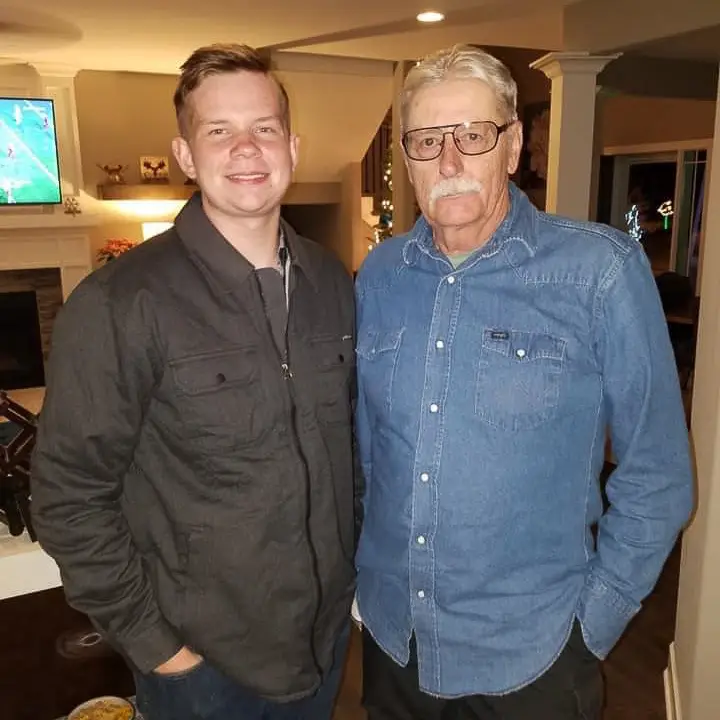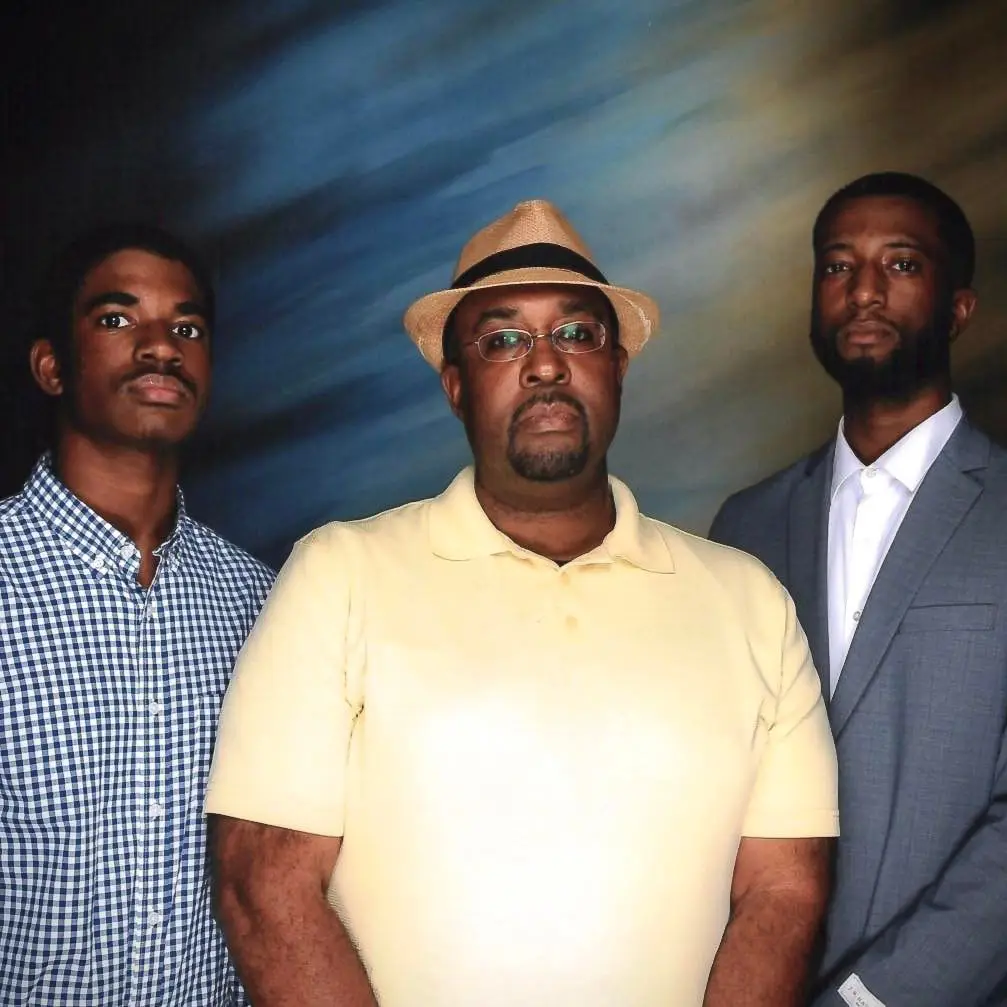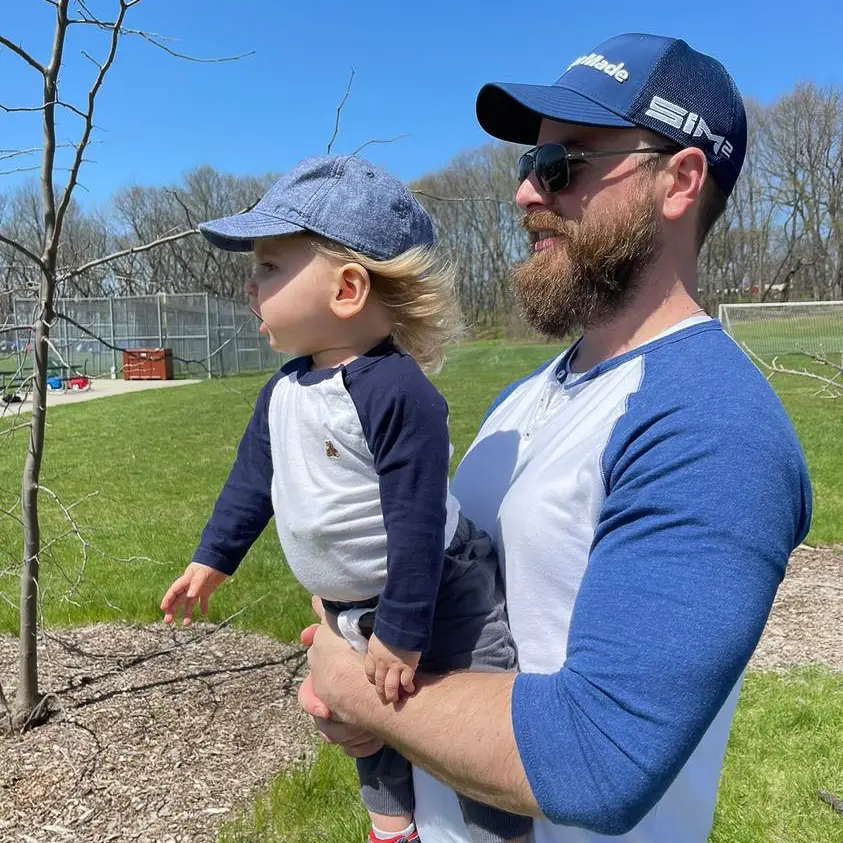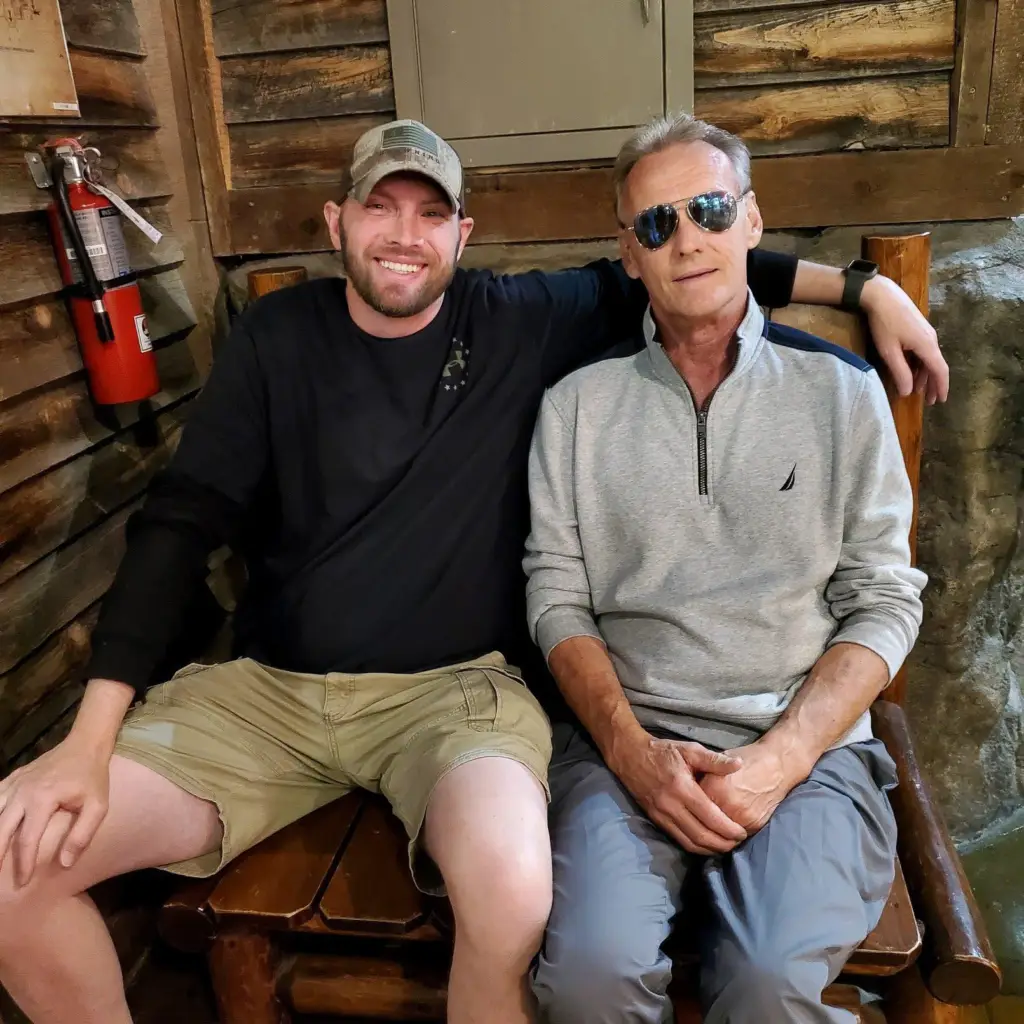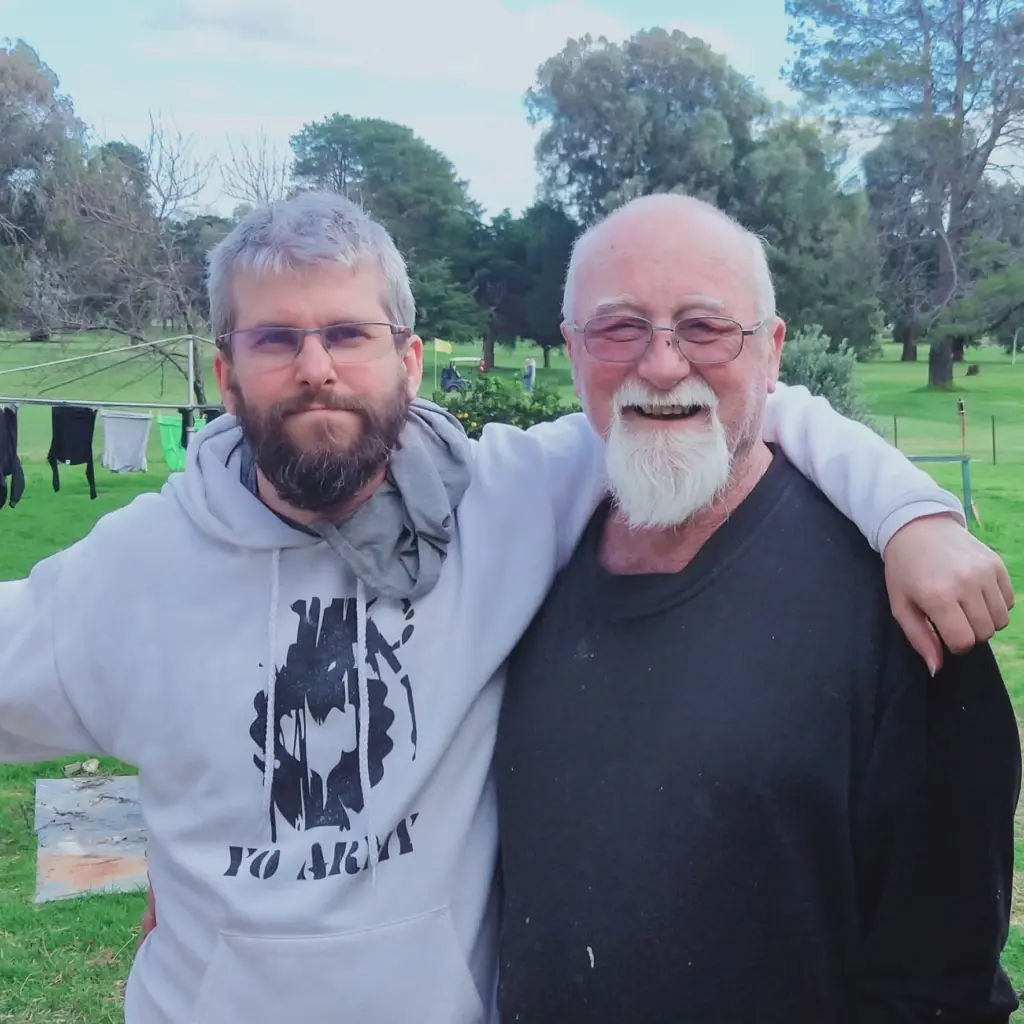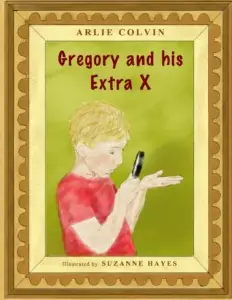Helpful Ways To Learn About Living With XXY
Children Diagnosis
- Age 3- Referring to kiddo as an “X-man”, discussing how everyone is different and that’s what makes the world interesting, and one thing that makes you a little different is that you have an extra X. I never wanted this to be a surprise to him. Still, I also don’t want it to be an excuse.
- Age 2- Open discussion with kiddo who is now 8.
- Age 2- Open communication to explain the extra doctor’s appointments.
- Age 4- I have been open with kiddo since then, explaining that he differs from others and might require more doctor appointments. He was pretty unbothered.
- Age 4- Block reference, similar to the book analogy.
- Age 6- questions relating to being in the hospital frequently.
- Age 6- Son was in the room during the official diagnosis. I’ve explained more over the years when he asks questions.
- Age 7- We say it’s like everyone at school has a backpack with 46 books in it, but Parker’s backpack has 48 books. Because he is carrying extra books, it will take him extra time to find the answers in his head because he’s got two extra books to go through. Those books are heavy to carry and may make him tired faster than the other kids.
- Age 10- Right before he started T. Our son didn’t seem too upset by the XXY diagnosis.
- Age 10- Was tipped off by a DNA kit we received at Christmas. This discovery led to many appointments, including a tumor removal surgery that could’ve been life-threatening.
-
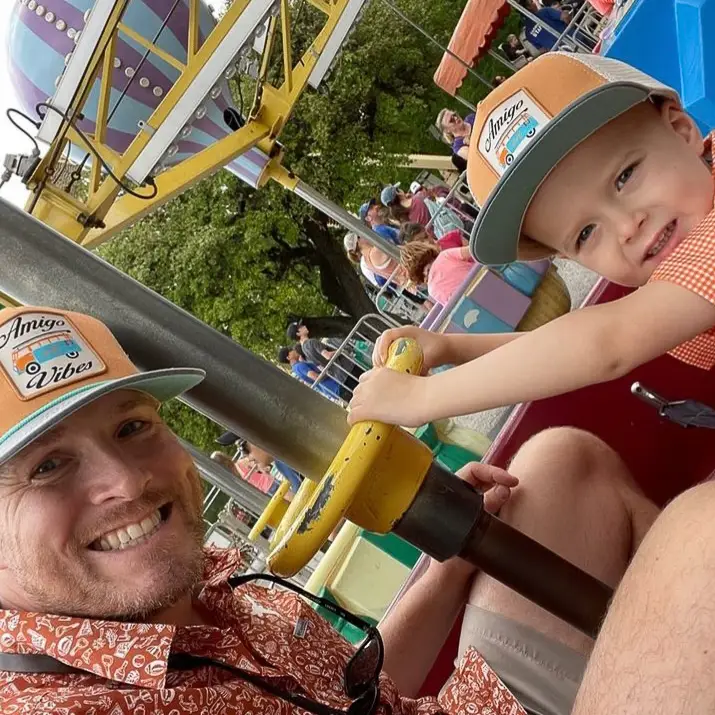
- Screenshot
Teenage Diagnosis
- Age 12- Due to hypermobility and joint laxity, he was told what his limits were, however, he didn’t want to know what he had. He did ask if it was something that could be removed from his body; we have been open and taught him that it’s nothing to be ashamed of.
- Age 13- Issues with gynecomastia tipped off by my parents. I received a diagnosis from my doctor at that time.
- Age 13- We received the diagnosis at this age and waited to do thorough research before sitting him down to discuss it.
- Age 14- Son asked minimum questions and is 18 now.
- Age 15- Normal physically but was sent to an endo and asked some questions. Also had some learning disabilities growing up. Didn’t start testosterone until the age of 29.
- Age 15- We didn’t know immediately what 47XXY was and had to do some research until we located a good doctor to lead the way. Our son was emotional when he found out but is getting better. We like to acknowledge that this shouldn’t limit him.
- Age 16- Started testosterone long-term for over 25 years.
- Age 17- received a diagnosis but waited a few weeks to discuss it. I wanted to learn more before explaining it so I could hopefully answer any questions. It was a relief for him.
Adult Diagnosis
- Age 18- We tried to tell our son but it upset him. He thought he was different growing up. It wasn’t until he was 30 that he started accepting.
- Age 20- and is now 54. I had gynecomastia surgery and took injections. Feels great.
- Age 24- My parents didn’t believe me. It’s something I don’t disclose or discuss.
- Age 24- Endocrinologist told me.
- Age 27- We started doing numerous tests at 15 but didn’t receive a karyotype test until 27.
- Age 28- Call from endo; shortly started T after that.
- Age 30- When we brought it up to my parents, they swept it under the rug. I didn’t know I had it for so long, I haven’t changed the way I live life.
- Age 32- I found out while trying to have kids, and the doctor didn’t tell me much. Online resources were great tools.
- Age 37. The doctor diagnosed me.
- Age 40- karyotype test leads to diagnosis.
- Parents never knew. I was being tested for numerous amount of things and received a diagnosis on the 5th test.
-
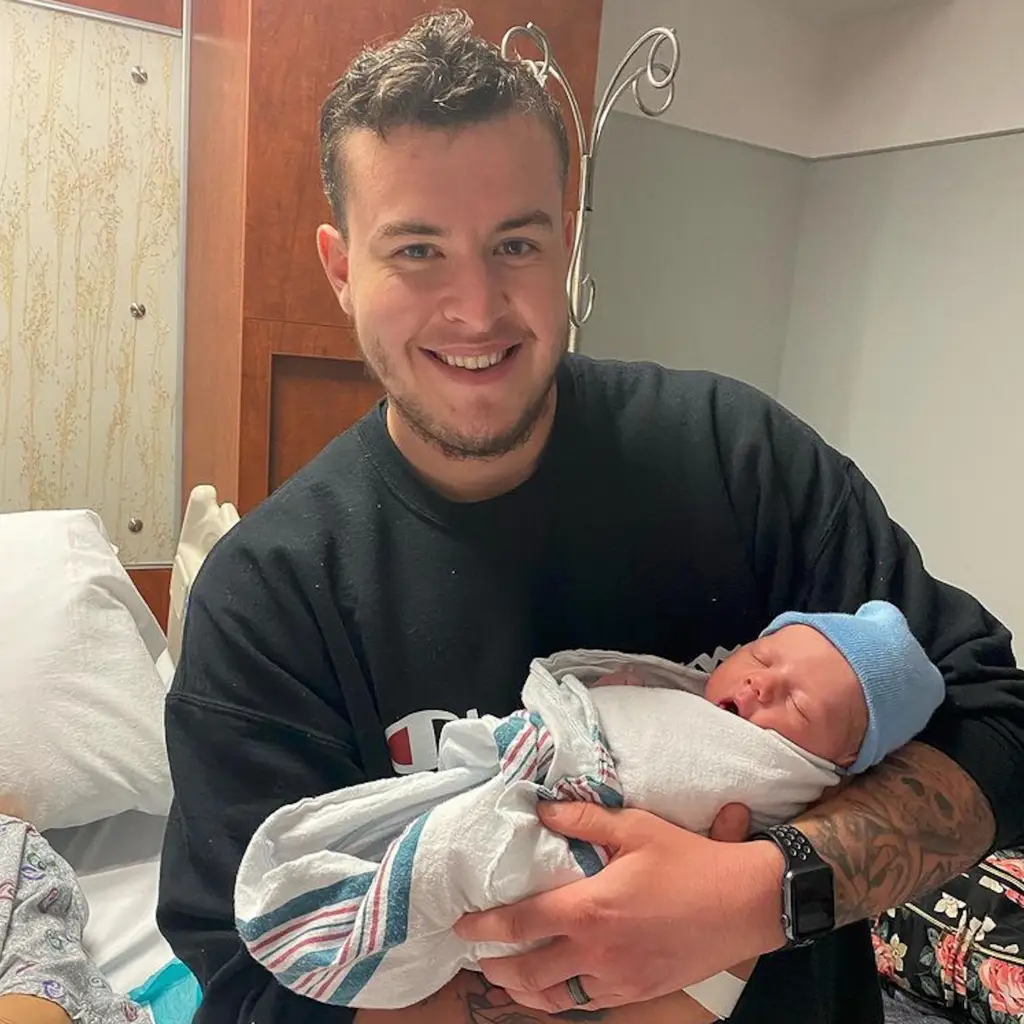
- Screenshot
-
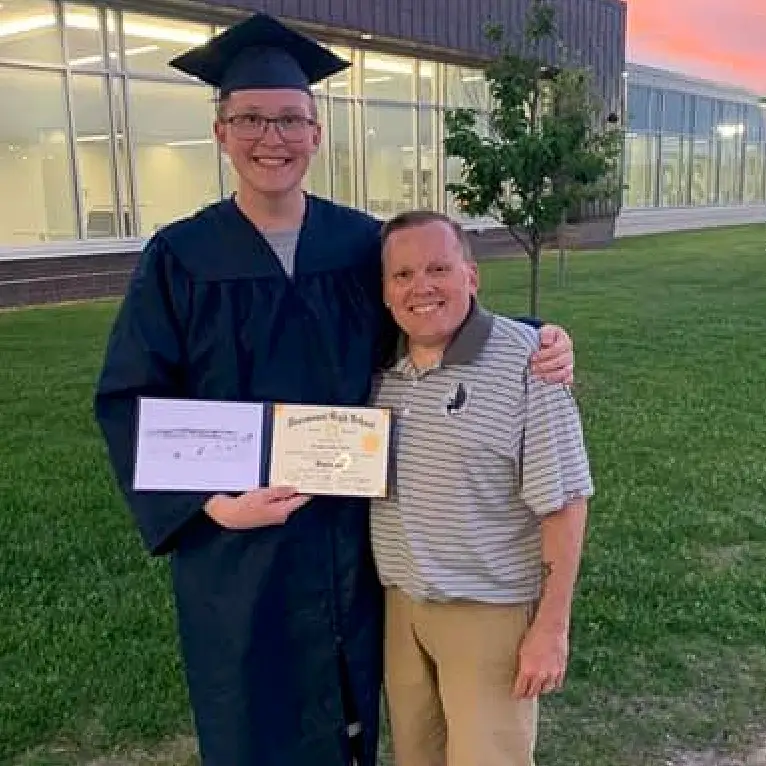
- Screenshot



